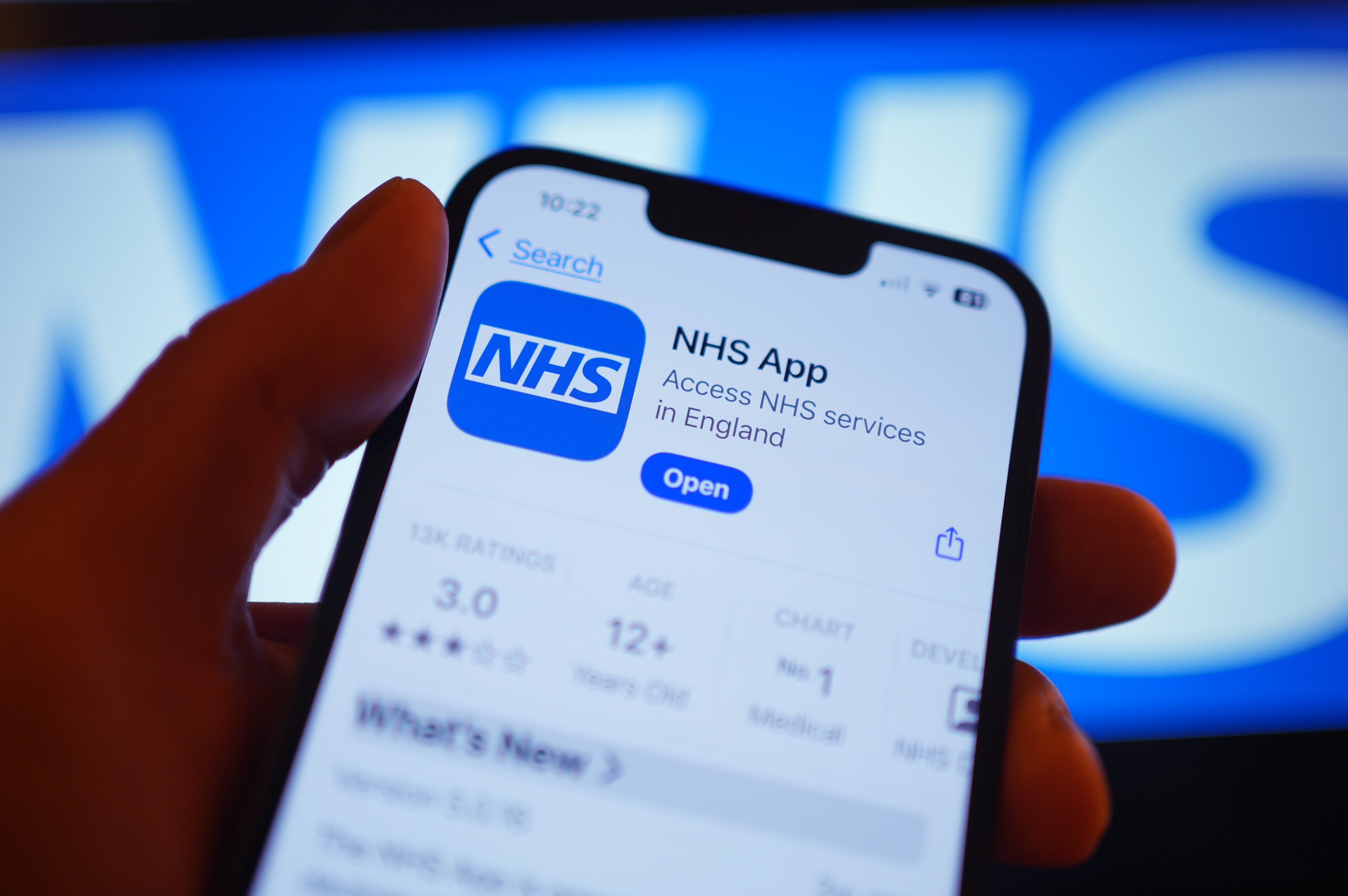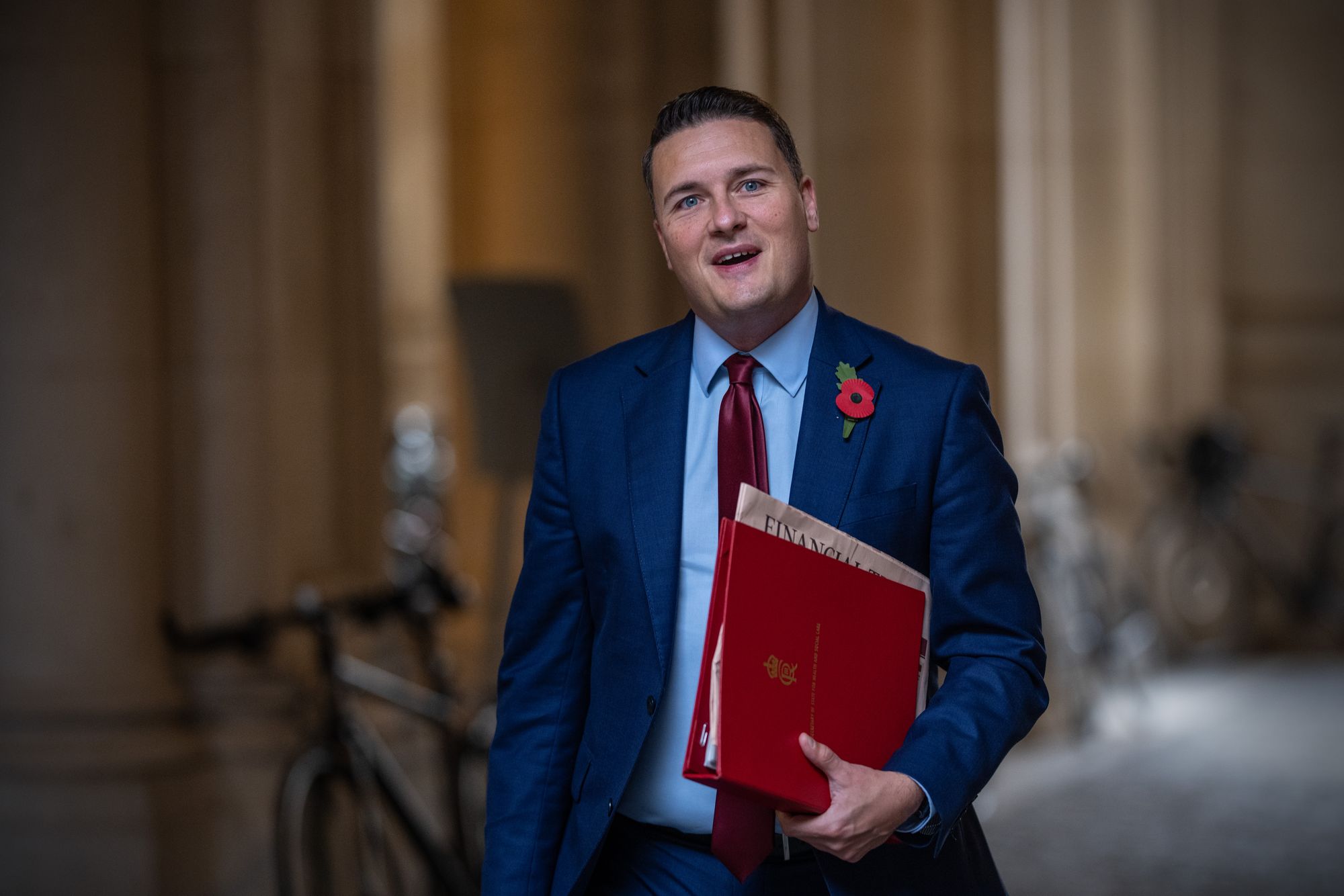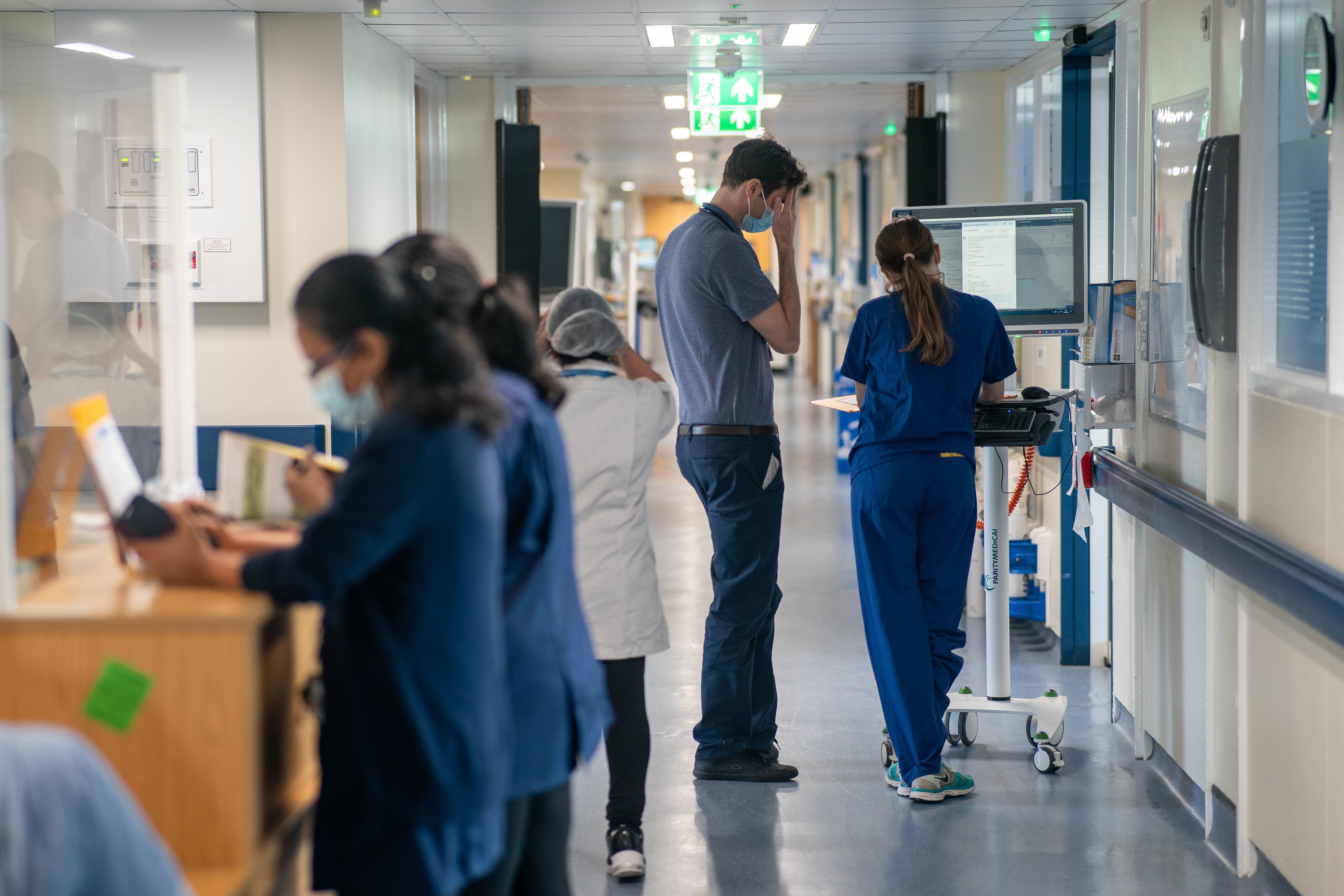Patients across England are to gain direct access to specialist care through the NHS programme, as dozens of new pilot schemes aim to simplify healthcare and reduce pressure on hospitals.
The scheme, involving 45 pilots across 37 trusts, is predicted by the government to free up 500,000 hospital appointments a year once fully implemented.
Officials believe that allowing patients to report vital health data, such as blood pressure and oxygen levels, through the technology could significantly ease the pressure on health services, especially ahead of winter.
These plans will primarily focus on five key specialties: ENT, gastroenterology, respiratory medicine, urology, and cardiology.
Patients use the NHS program to complete the necessary forms and questionnaires, negating the need to visit the hospital in person.
Additionally, people with long-term illnesses can undergo routine tests locally and have specialists review the results remotely.

This expansion of telecare coincides with the world’s first NHS trial investigating telesupport for patients with motor neurone disease.
Health Secretary Wes Streeting said: “Patients expect care fit for the 21st century and that is what I am determined to deliver.
As our record of investment in these services shows, this is a government that puts the NHS and patients first.
“Using technology to bring care closer to home frees up hospital appointments for those who really need them and makes life easier for everyone.
Our mission is: care easier, faster and always available.
Through innovative approaches like this and NHS Online – which digitally connects patients to specialist doctors anywhere in England – we are building a smarter NHS while reducing the pressure on busy hospitals and overworked staff.
A trial in Leeds will allow men treated for prostate cancer to provide doctors with regular updates on an NHS app.
Kiara De Bias, director of health services, justice and improvement at Prostate Cancer England, described the trial as “a really exciting development”.

“The impact that a diagnosis of prostate cancer can have on men’s mental and physical health is often underestimated,” he said.
It shows the NHS using technology to provide more personalized support and empower men to overcome this complex disease, a mission we are passionate about at Prostate Cancer UK.”
North Tees and Hartlepool NHS Foundation Trust uses the app to reduce missed appointments and enables patients to identify access needs such as transport or interpreters ahead of time.
Elsewhere, at University of Portsmouth Hospitals NHS Trust, digital pre-appointment questionnaires are being introduced for people with suspected respiratory conditions to speed up initial appointments and reduce the need for unnecessary follow-ups.
Ian Eardley, National Clinical Director for Elective Care at NHS England, said: “Across the country, the NHS is using the latest technology to ensure people can get the care they need faster, more conveniently and closer to home.
“Telemonitoring enables vital information to be shared more easily and efficiently between patients and their healthcare teams – allowing people to get the support they need without unnecessary trips to the hospital.”
Meanwhile, an NHS trial into MND will look at the benefits of remote monitoring and regulation of portable ventilators used by people with the condition.

It includes more than 250 patients with MND.
Sally Hughes, director of services and partnerships at the MND Society, said: “Increasing digital support and monitoring will make it easier for people with MND to choose to receive specialist care from the comfort of their own home – reducing the burden of travel and helping them live better for longer.”
The trial is being led by Sheffield Teaching Hospitals NHS Foundation Trust in partnership with the University of Sheffield and will involve trusts across England.
Dr Esther Hobson, Honorary Consultant Neurologist at Sheffield Teaching Hospitals, NHS Foundation Trust and Senior Lecturer in Neurology at the University of Sheffield, said: “We are making the most of the technology available so that NHS staff and their patients can benefit without additional burden.
“We are particularly interested in the experiences of people who find it difficult to access NHS care to ensure that everyone can benefit from it.”










